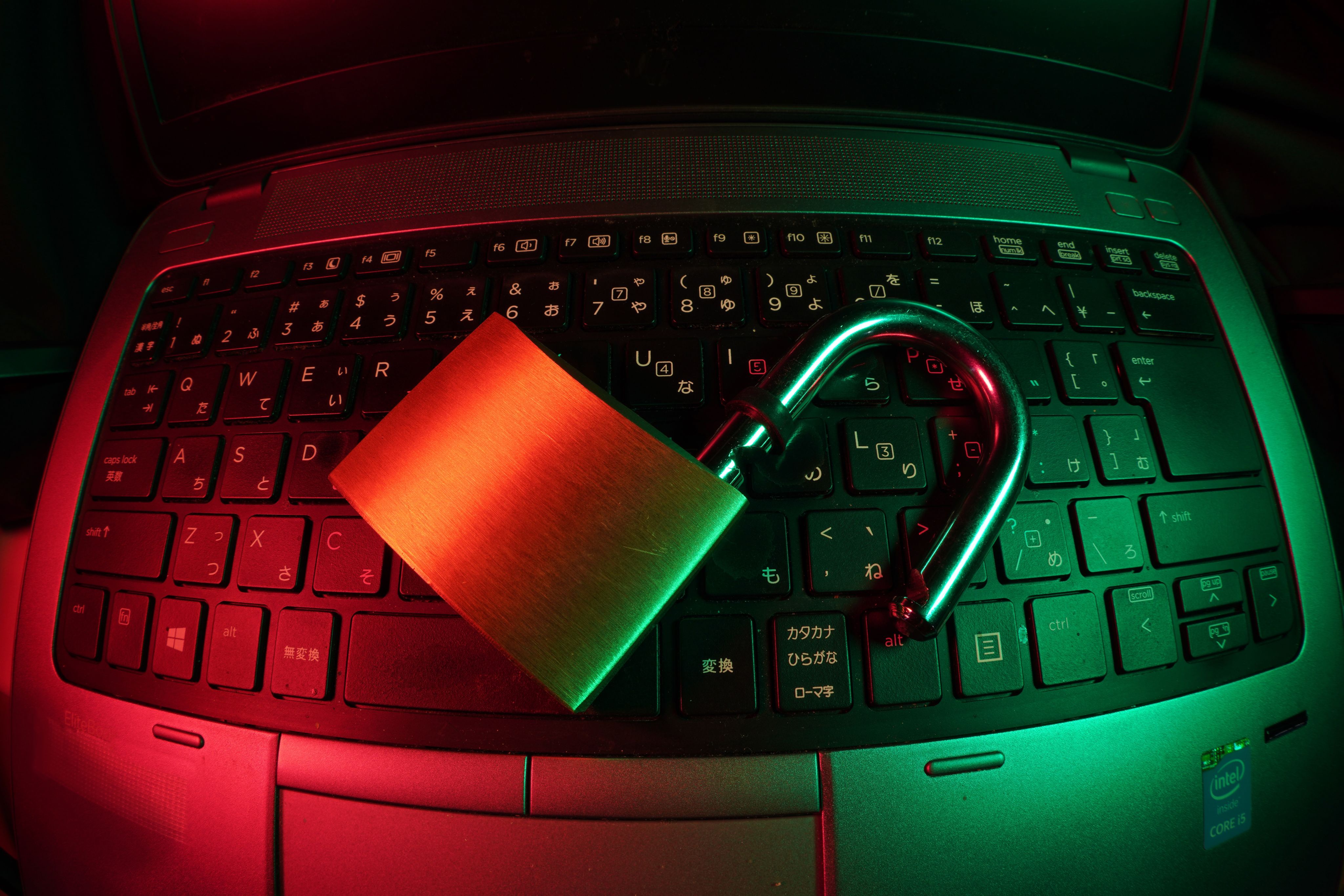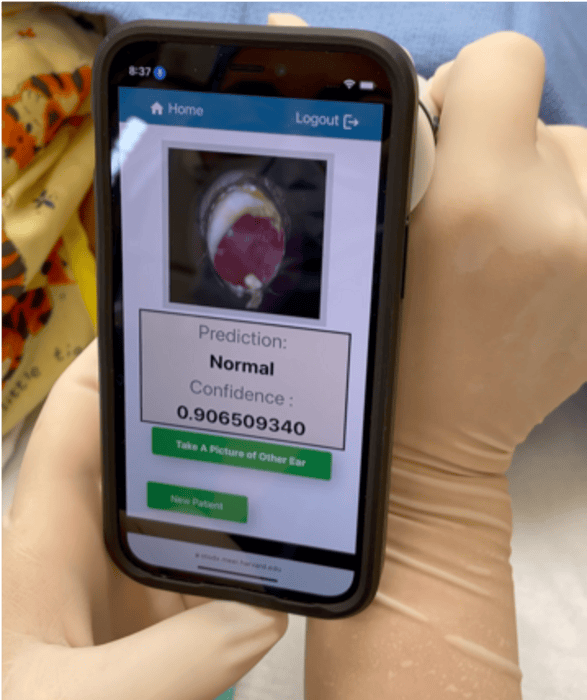
As we enter the fourth week of high-level cyber attacks on the NHS, GPs have revealed how they’re struggling to cope with piling-up work, as they have no choice but to turn to pen and paper while systems are infected.
Out-of-hours GP care is struggling to cope with infected systems, and it could take months to get back on track, it has been said.
Overnight backlogs and mounting work are just a few ways the attacks are still affecting the NHS and its services.
It is believed that the ransomware attack was followed by cash demands that have so far not been met.

NHS cyber attacks of 2022
Hackers struck the NHS at the start of August, successfully taking offline various health systems and badly affecting ambulance dispatch, prescriptions and the 111 helpline.
The NHS was accused of “sleepwalking into a cybersecurity disaster” if major changes were not made to security levels, and money spent on security, as a matter of urgency.
One month later, GPs are showing signs of major struggles as they start using pen and paper to avoid infected and unsafe digital systems – a gruelling process which may continue for weeks to come.
Who are the NHS cyber attackers?
Though it’s generally very tough to trace the gangs location, the BBC reported that 74% of all money made through ransomware attacks in 2021 went to Russia-linked hackers. No known progress has been made in locating the hackers in this recent attack.
The president of insights at cyber security giant Tenable, Gavin Millard, told Health Tech World that regardless of where the hackers are, they will strike again. It’s a matter of “when, not if” – and the NHS must spend more on security if it’s going to protect itself in the future.
He added: “Hackers are relentless and constantly evolving their methods to find new attack paths to infiltrate organisations, but they’re also opportunistic and looking for easy targets.
“By hardening defenses against the ‘typical’ threats faced, the majority of attacks can be stopped and the threat actor will move on to an easier target.”
A mother from Oxfordshire said that a doctor treating her teenage son for mental-health difficulties was not able to access his files because of the attack.
She told the BBC: “During the conversation it became clear the clinician I was talking to had no access to his notes,”
“She could not see his details; she didn’t know what college he attends; she didn’t know my name or even our address. She told me about the problems with the carenotes system, which she said has been down for several weeks.”
Don’t miss:
Cyber attacks on the NHS will “just keep coming” – experts have warned






